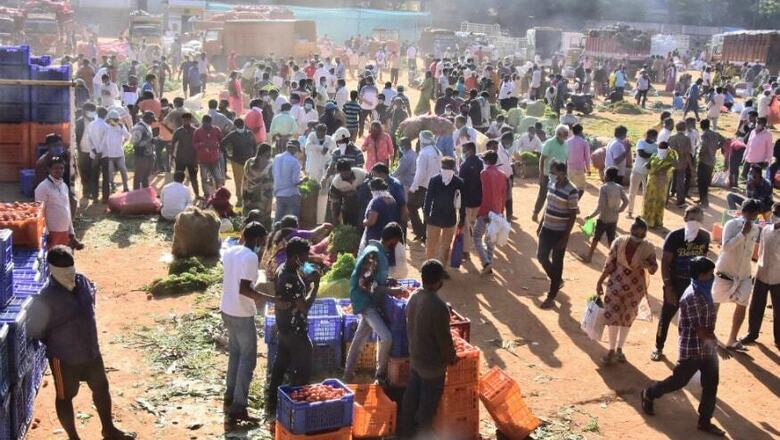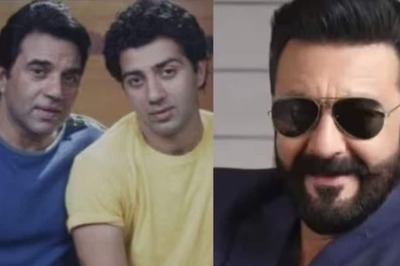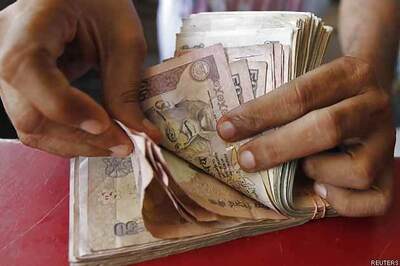
views
Bengaluru: An IPS officer of Superintendent of Police rank hasn’t slept even for a few hours in the last one week. He is tensed and busy. Locating suspected Covid-19 patients has taken a toll on his mental and physical health.
The police are working overtime amid fears of Tablighi Jamaat delegates who returned from Delhi’s Nizamuddin contracting and spreading the novel coronavirus across India.
Speaking to News18 on condition of anonymity, the IPS officer said, “In my district, so far we have identified 15 suspected coronavirus patients who had attended the Nizamuddin event in Delhi last month. Locating them and persuading them to go for home quarantine or a swab test was a Herculean task. Some of them dismissed it as simple flu. Some say god will cure them. Some say they don’t want to come forward because of social stigma,” he said.
According to him, the fear of law is also forcing some suspected patients to avoid the police.
"They think it is a big crime; that if they come forward, they may have to face criminal actions. The lack of credible information and ignorance is making our job really tough,” he said.
He claims that when they went to a mosque, the local caretakers refused to cooperate, saying none of them had gone to Delhi. When the police confronted them with proof, they dismissed the pandemic as simple flu and said god will cure them.
"Not everyone is like this. Some have come forward with information about others. They even convinced them to cooperate with the police. It made our jobs easier," he added.
With crimes going down due to total lockdown, the officer says they are using local informants to get information about the suspected patients who aren’t coming forward and avoiding police and health officials.
"If these people come forward on their own, we can prevent hundreds of others from contracting the virus. We are worried about secondary contacts who may lead to community transmission,” he said.
One of the quarantined persons who spoke to News18 over phone said he was avoiding the police fearing the social stigma attached to it.
"I am still worried about what will happen to me once I am back home. There is so much fear. Because of me, my family and others also have to a face lot of problems," he said.




















Comments
0 comment